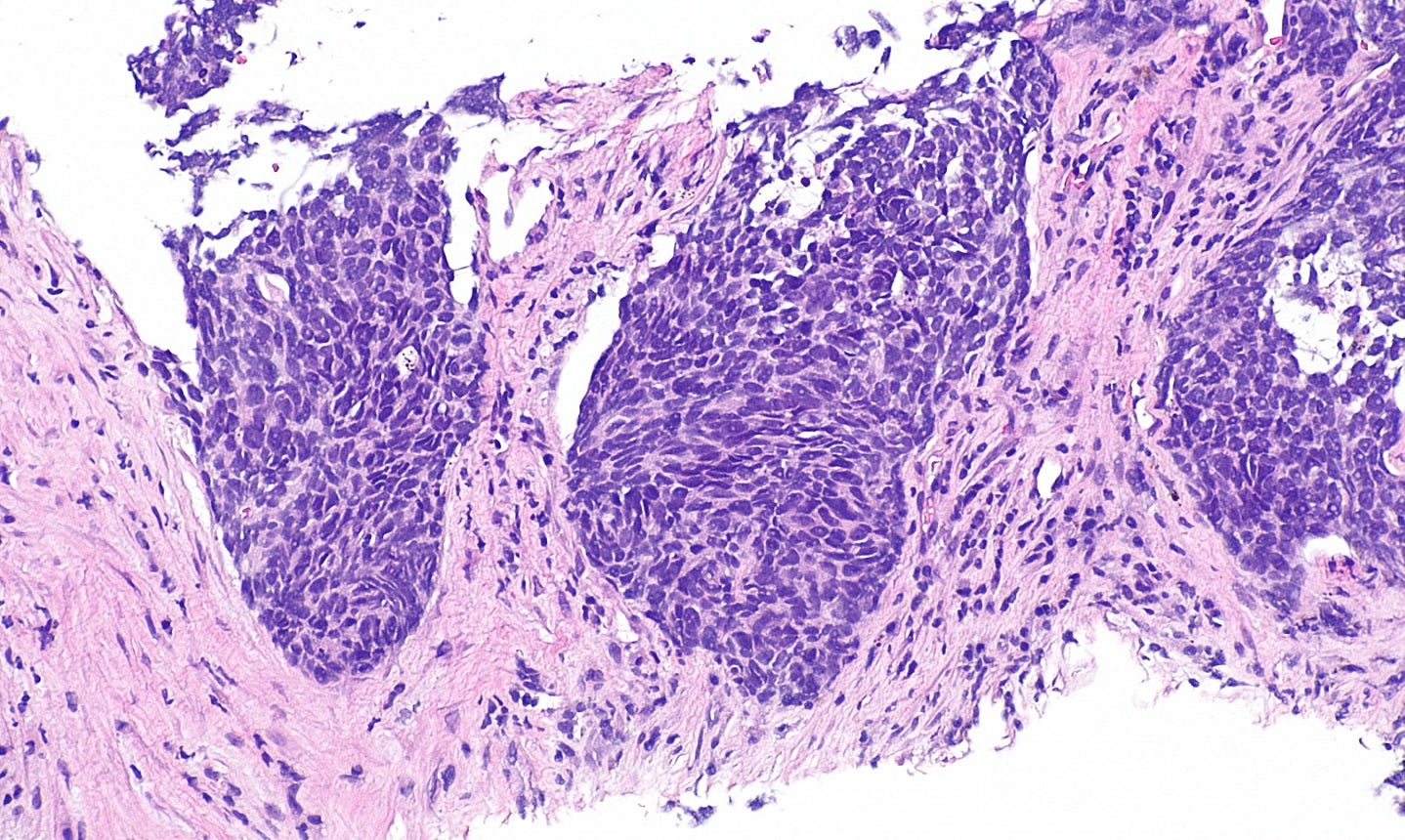
Grid Therapeutics has commenced a Phase II investigator-sponsored trial of GT103 along with Keytruda (pembrolizumab) from Merck’s subsidiary Merck Sharp & Dohme to treat advanced stage non-small cell lung cancer (NSCLC).
The open-label Phase II clinical trial has been designed for evaluating the tolerability and safety of Grid Therapeutics’ lead asset GT103, along with Merck’s pembrolizumab, in adult participants with relapsed or refractory, metastatic NSCLC.

Discover B2B Marketing That Performs
Combine business intelligence and editorial excellence to reach engaged professionals across 36 leading media platforms.
It will also evaluate the response rates, anti-tumour activity, and overall survival.
Refractory NSCLC patients whose disease progressed on not more than two lines of systemic therapy, including prior PD-1 treatment, will be enrolled in the trial.
The trial will include a safety lead-in of ten to 20 subjects.
In the study, 50 participants will receive treatment with the combination at the safest GT103 dose as determined in the safety lead-in.

US Tariffs are shifting - will you react or anticipate?
Don’t let policy changes catch you off guard. Stay proactive with real-time data and expert analysis.
By GlobalDataGrid Therapeutics and Merck will provide their respective drugs and funding support in the trial.
Full-service contract research organisation Hoosier Cancer Research Network will be responsible for managing the study.
This study is led by Duke Cancer Center Thoracic Clinic member Dr Jeff Clarke.
Clarke said: “We are very excited to initiate this study to determine whether the therapy demonstrates clinical activity and tolerability observed in patients with advanced stage lung cancer in the Phase Ib study of GT103 alone.
“NSCLC is a difficult-to-treat cancer and patients, particularly in the relapsed/refractory setting, will benefit from novel therapeutic options to help improve disease outcomes.”
The new human-derived antibody GT103 has been designed to specifically target and destroy tumour cells while stimulating a robust and adaptive anti-tumour immune response.





